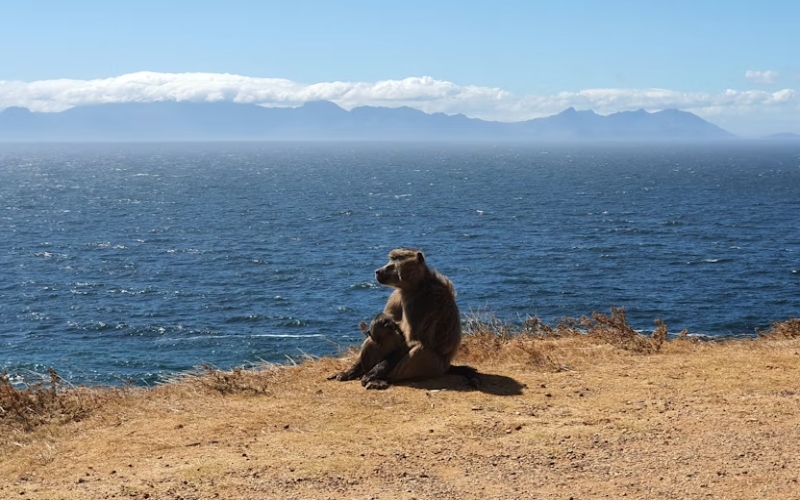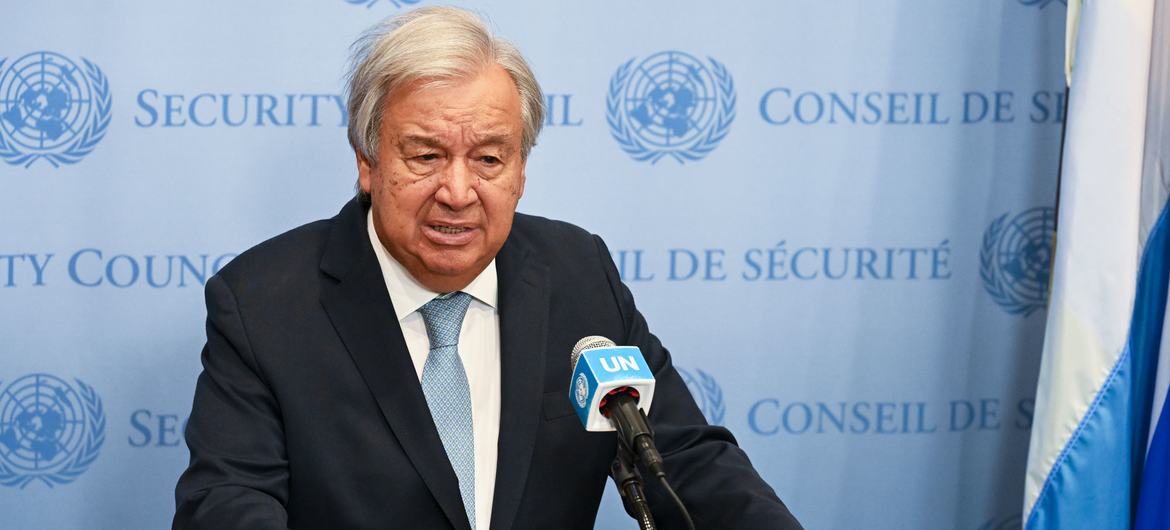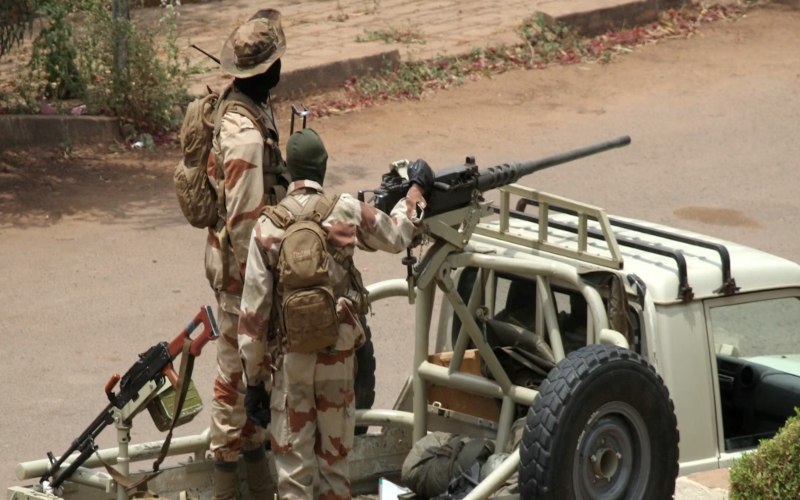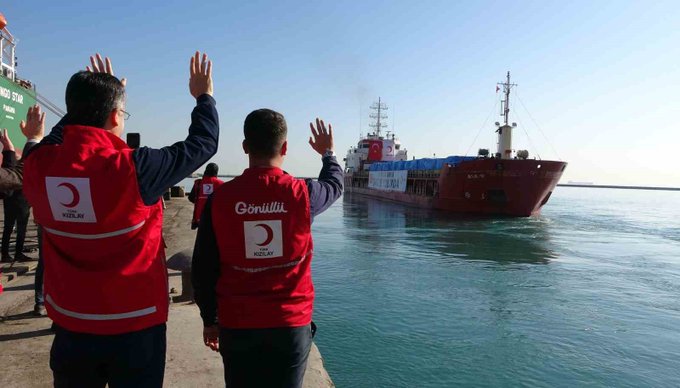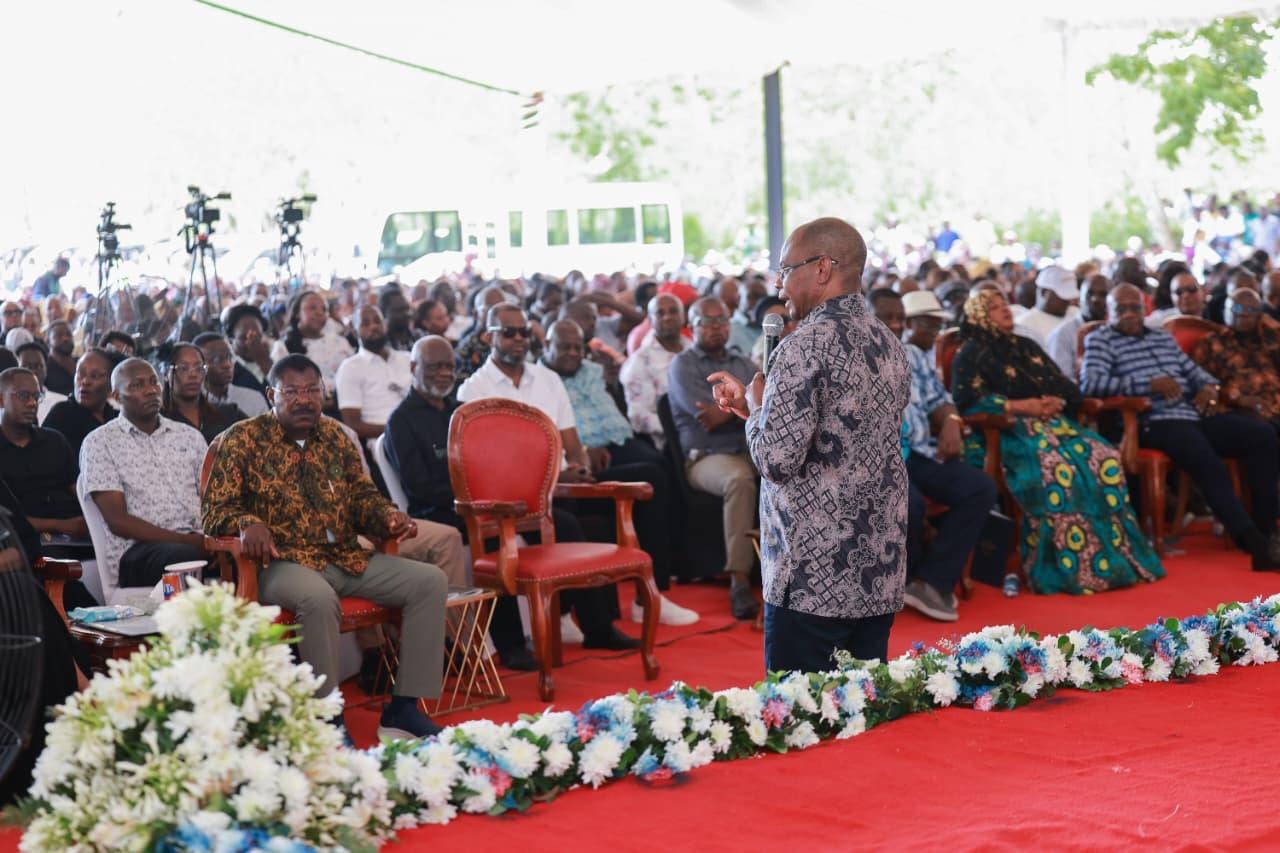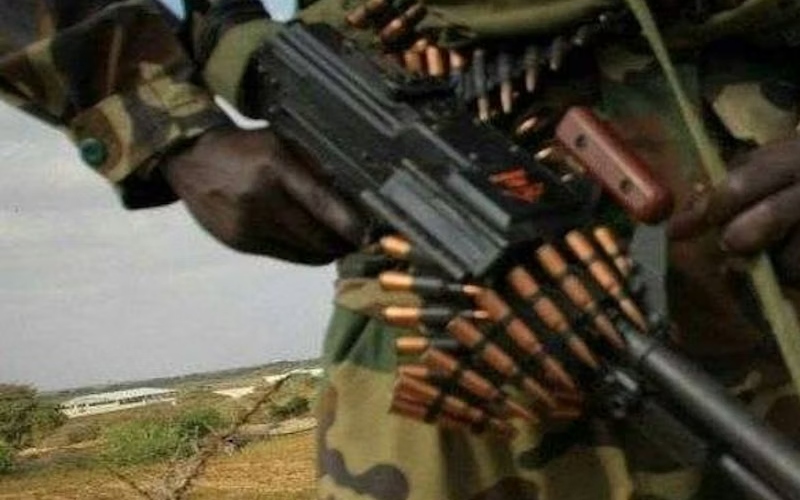High Court bars deployment of Kenyan police to Haiti

The judge also ruled that the National Security Council, which includes the President, does not have the power to deploy regular police outside of the country.
The High Court has barred the Kenyan government from sending police officers to Haiti to combat gang violence.
Justice Chacha Mwita in his ruling on Friday termed the deployment of the officers to Haiti as illegal and invalid.
More To Read
- Police FC seek top spot as Leopards chase derby momentum
- Kenya homicide cases stabilise after 2021 peak
- Police officers returning from Haiti to be honoured at Jamhuri Day parade
- 230 Kenyan police officers arrive in Port-au-Prince to reinforce UN-backed GSF
- Kenyan police officers in Haiti to return home after year-long deployment
- IG reshuffles top police ranks as six senior officers moved
The judge also ruled that the National Security Council, which includes the President, does not have the power to deploy the National Police Service outside of the country.
"To be clear, Article 240 does not mandate the Council to deploy police officers outside Kenya. Deployment should be as provided for in part 14 of the Act and only to a reciprocating country," Justice Mwita ruled.
The ruling comes a day after the UN Special Representative for Haiti Maria Isabel Salvador said more than 8,400 people were victims of gang violence in Haiti last year, including killings, injuries and kidnappings – a 122 per cent increase from 2022.
“I cannot overstress the severity of the situation in Haiti, where multiple protracted crises have reached a critical point,” Maria told the UN Security Council on Thursday.
The Caribbean country remains plagued by mounting violence and insecurity at the hands of armed gangs against a backdrop of political, humanitarian and socioeconomic challenges.
Parliament approval
Kenyan Members of Parliament in November approved the deployment of 1,000 police officers to the Caribbean country.
The cabinet led by President William Ruto last month "ratified" the deployment and submitted the resolution to parliament for approval.
Interior Cabinet Secretary Kithure Kindiki revealed before a joint sitting of the National Assembly and Senate Committees on National Security, Defence, and Foreign Relations last year that the deployment of the officers to Haiti would amount to Sh36.5 billion.
The allocated funds will cover various aspects, including training, administrative support, weapons, ammunition, anti-riot equipment, transport, technical equipment, and general supplies.
Kindiki emphasised that the financial resources for the mission would be sourced from UN member states.
He assured MPs that the deployment would only occur once all necessary equipment was in place in Haiti, guaranteeing the safety and preparedness of the Kenyan officers.
Addressing concerns about the security situation in Haiti, Kindiki said a pre-deployment mission had been conducted to assess the ground reality, with measures in place to ensure the safety of the officers.
Additionally, Inspector General of Police Japhet Koome confirmed that a thorough selection process had been carried out to identify the officers eligible for deployment to Haiti, including medical examinations and other suitability tests. He expressed confidence in the readiness of the officers for the upcoming mission.
Last September, the US and Kenya signed a defense agreement that will see the East African nation get resources and support for security deployments ahead of the deployment.
Top Stories Today






